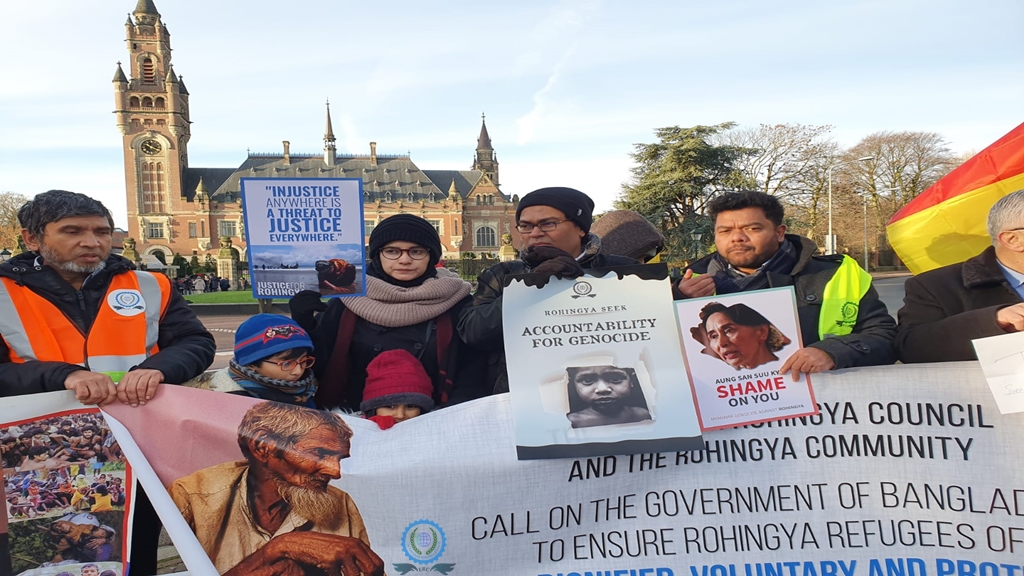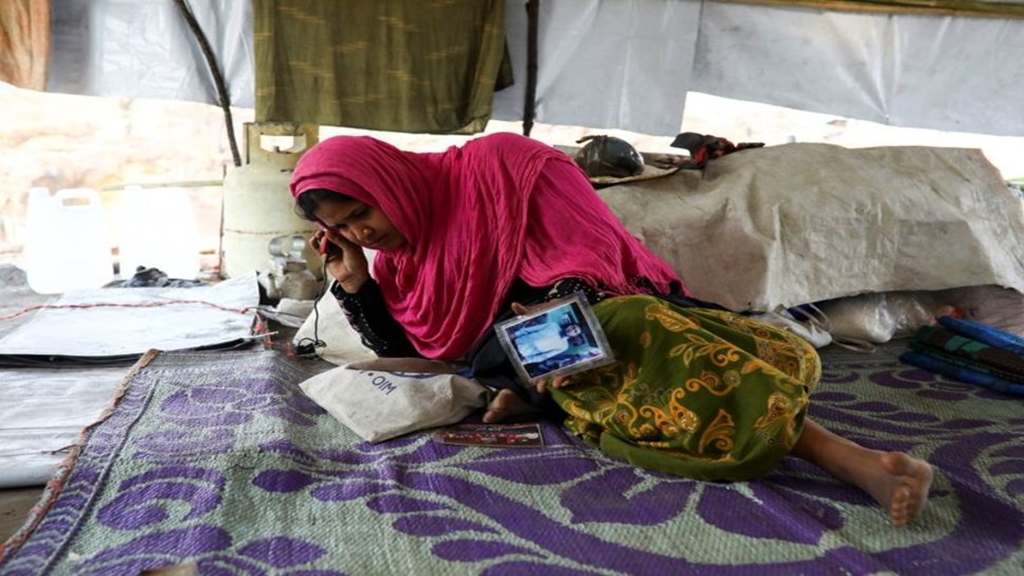
Refugees International accuses Myanmar of genocide
- 15/05/2020
- 0
by REBECCA PAVELEY | Church Times
MYANMAR has been formally accused of the crime of genocide by the humanitarian organisation Refugees International.
The organisation said that it was calling on the UN Security Council to refer the atrocities against the Rohingya to the International Criminal Court (ICC).
Earlier this year, the UN International Court of Justice (ICJ) ordered that Myanmar must take “all measures within its power” to prevent crimes of genocide against the Rohingya.
In a case brought by Gambia, the ICJ ruled: “Myanmar shall immediately, in pursuance of its undertaking in the Convention on the Prevention and Punishment of the Crime of Genocide of 9 December 1948, take all measures within its power to prevent all acts that amount to or contribute to the crime of genocide . . . against [any] member of the Rohingya group” (News, 31 January).
Refugees International said that it noted that the ICC had launched an investigation into possible crimes against the Rohingya, but that the investigation was limited to crimes in an ICC member country, Bangladesh. The investigation should be widened and strengthened, the organisation said.
“This is not a conclusion that Refugees International reaches lightly,” a spokesman said. “But the evidence of the widespread, systematic nature of the attacks on the Rohingya, and the intent reflected in the rhetoric and actions of the Myanmar military, leads inevitably to this conclusion. Nearly 900,000 Rohingya refugees remain among the most vulnerable to the looming threat of Covid-19, and another 600,000 Rohingya people face the ongoing risk of genocide inside Myanmar.”
More than a million Rohingya fled the country in the face of mass atrocities in 2016. Most are living in the world’s biggest refugee camp, just over the border, in Cox’s Bazar, Bangladesh, where they are some of the most vulnerable to coronavirus, aid agencies have warned.
Cox’s Bazar has an average population density of at least six times that of Wuhan, China, the epicentre of the coronavirus outbreak.
“Sanitation and hygiene facilities in the camp are already inadequate, and the streets are narrow and crowded; so social distancing is extremely difficult, and currently there aren’t enough hand-washing facilities,” Tearfund’s country director in Bangladesh, Sudarshan Kodooru, said.
“Tearfund is working both in the camps and in the host communities around, distributing leaflets about hand-washing, distancing, and recognising symptoms, and giving out hygiene kits containing soap, sanitiser, and detergent powder, as well as installing 200 community washing facilities and giving food to those in quarantine.”
Bangladesh this week quarantined 29 Rohingya refugees on an unstable silt island in the Bay of Bengal, to try to prevent the spread of Covid-19 through the camps. The refugees had been adrift at sea for up to two months after fleeing Myanmar.
The island has no access to humanitarian services provided by the UN or aid agencies.
The International Rescue Committee has launched a $30-million appeal to mitigate the spread of coronavirus among the world’s most vulnerable populations; the focus is on Cox’s Bazar and refugee camps in Syria and Greece.







